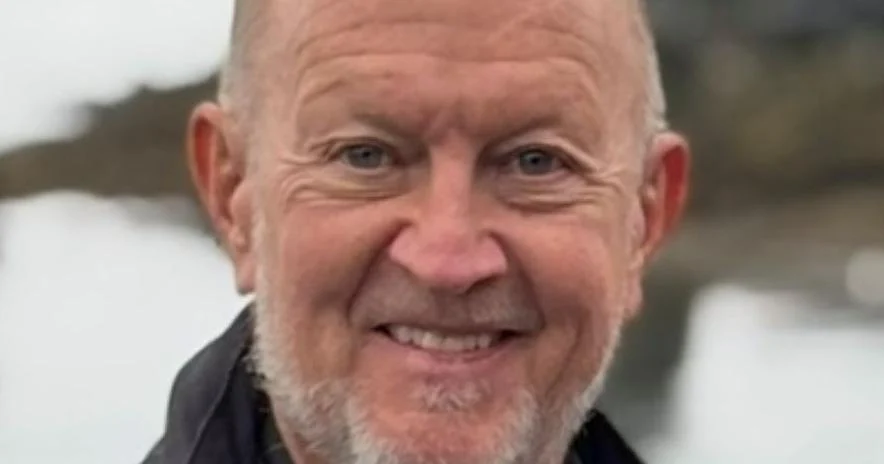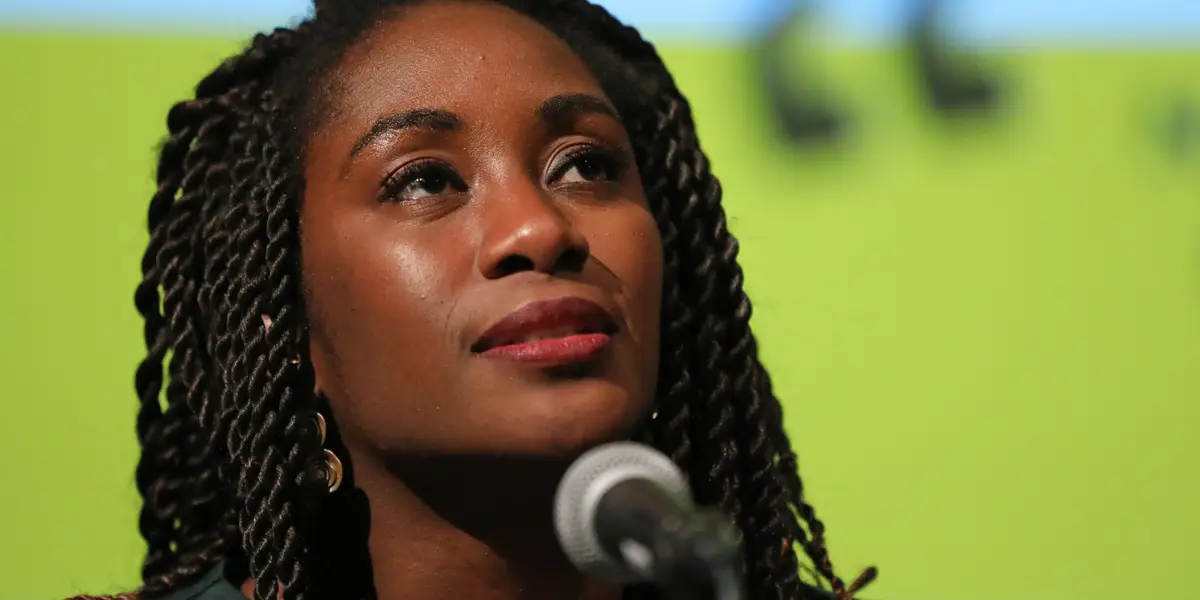
Many of us in South Carolina and the rest of the nation feel unrepresented and disconnected by the two-party political system, and it is no wonder. Both political parties often seem more interested in fighting each other than serving the public good. We need real progress, not more politics.
I saw this firsthand in 1996 when I was the Democratic nominee for the U.S. Senate from South Carolina. I wanted to run as an independent, but I was advised that it was a wasted effort without a major party’s support. So I ran as a moderate Democrat in this deeply Republican state. I came closer than many expected against the longest-serving senator in American history, Strom Thurmond, losing by only single digits — 53 percent to 44 percent. No South Carolina Democrat has come closer in any federal race since.
I cannot help but wonder what might have happened if I had had run as a third-party or independent candidate. I could have finally given political voice to those of us in the middle.
Today, the need for a strong third party is more pressing than ever. Both the Democrats and the Republicans engage in detrimental undemocratic practices such as gerrymandering, as we are seeing in Texas, California and Missouri. A viable third party could introduce new perspectives, reduce the intense partisanship that plagues our politics and give independent and moderate voters a real choice. Our two major parties have been seized by extremes within their ranks, and we must do better.
History has shown that third parties can make a significant impact. The Progressive Party, for example, championed key reforms such as women’s suffrage and labor rights. More recently, groups such as the Forward Party, No Labels and Unite America are working to reform our system through such initiatives as ranked-choice voting and open primaries.
Supporting these efforts is not about politics; it is about building a stronger, fairer democracy that truly represents everyone. It is time for South Carolina voters to have more than two options on the ballot. We need an independent candidate for the U.S. Senate in 2026.



